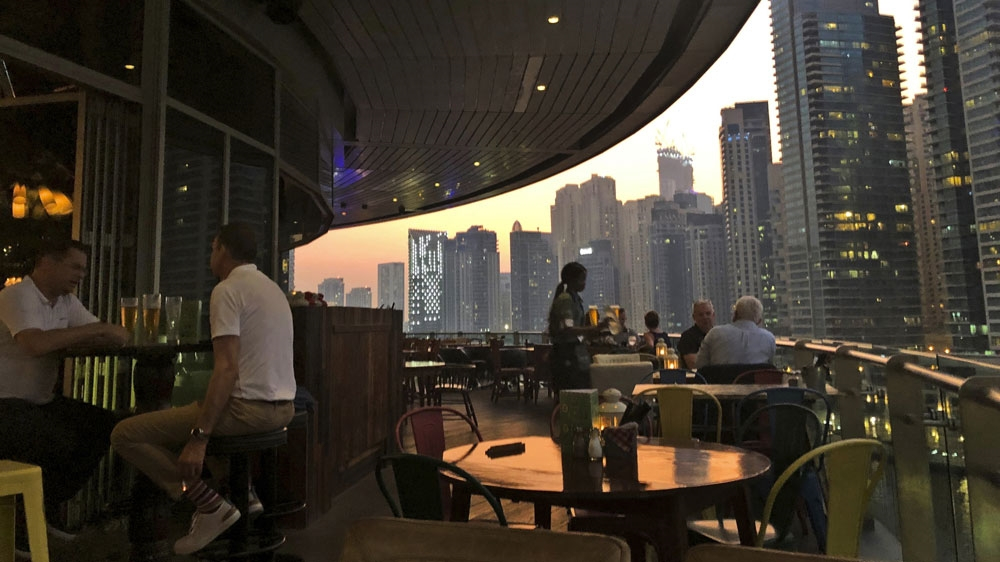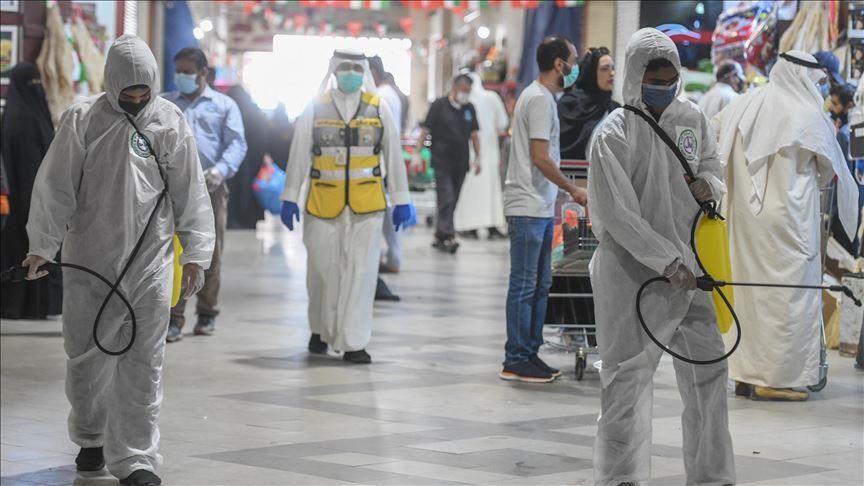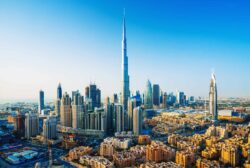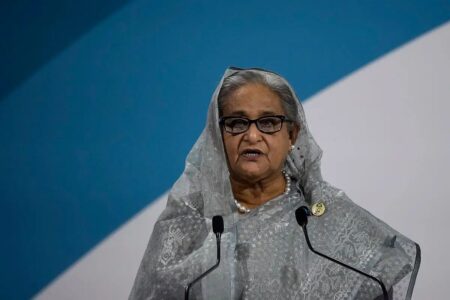UAE looks to new reforms to boost economy and global image
Recent changes in the UAE including women’s rights and alcohol sales are a sign the majority-expat country sees liberalisation as key to its economic prosperity.
The country of nearly 10 million people will see the move to reform a series of laws governing individual freedoms and social ways as the country struggles with $524 billion economic troubles and a plunge in oil prices amid the Covid-19 pandemic.
“I think they are very pragmatic reforms that have to do with economics and … the need to socially liberalize in order to economically thrive,” said Bernard Haykel, a professor of near eastern studies at Princeton University.
The United Arab Emirates – a federation of seven emirates – is reporting more than 165,250 cases of Covid-19 and about 567 deaths.
Nearly 90 per cent of the population of the young Gulf state are foreigners – many migrant workers in construction, domestic or service jobs.
Relaxation of Islamic laws
The changes came into effect on November 7 and included introducing tougher laws against the harassment of women, an overhaul of how divorce and separation proceedings are decided, changes to the division of assets and the decriminalisation of alcohol consumption.

In the eyes of the state, the aim of the reforms is to boost the economic and social standing of the country and “consolidate the UAE’s principles of tolerance,” the state-run Emirates News Agency reported.
It could also put the country in good stead as it prepares to attract at least 25 million visitors to the World Expo in October 2021 – the first time to be held in the Middle East. The country has branded itself as an international destination for work and travel.
The changes mean that individuals no longer have to buy a license to buy or consume alcohol as long as they are 21 or older. Muslims are no longer banned for obtaining licences.
Under updated inheritance laws, assets and estates of non-Emirati citizens will no longer be divided under Islamic law, but according to the laws of their country of citizenship – regardless of religion.
The inheritance laws are in line with new divorce proceedings, which allow non-Emirati couples who divorce in the UAE to have the law of the country they got married in enforced. Previously, non-Muslim e-pats had to petition for the application of their home country laws.
A shift in attitudes on mental health
There will be stronger penalties for those who subject women to harassment, and lenient sentences have been abolished for so-called honour crimes committed by men against female relatives.
The country has been making a number of social changes in recent years. In December 2019, the charge of sexual harassment was added to the penal code and allowed men to be recognised as victims of harassment.

The reforms also bring in some changes aimed at addressing mental health issues that have been exacerbated during the pandemic. Under the new rules, those who attempt suicide will no longer face prosecution by the courts. In addition, the UAE National Programme for Happiness and Well-being set up a mental health helpline for those dealing with stress and anxiety.
Though some of the laws, such as the prosecution of suicide attempts, were rarely invoked, the reforms offer legal assurances that they won’t ever be.
Other reforms include unmarried couples now able to live together after the ban was lifted.
Hope to save the economy
There’s a hope the reforms can help the country’s financial situation.
The economy was forecast to shrink by as much as six per cent, or $31 billion, this year, according to the most recent World Bank update in October.
Roughy 10 per cent- 900,000 – of the population lost their jobs due to the pandemic, according to a report in May by Oxford Economics. The report pointed to the mass departure of expats across the Gulf region due to layoffs, without citizenship or residency many had to return home.
Pandemic impact
The spread of Covid-19 forced the UAE in April and May to go into lockdown and impose travel restrictions and curfews. Though restrictions on movement have now eased, it drastically impacted industrial, shipping and transportation activity.
Dubai has spent $2.42 billion so far this year to help prop up the local economy.
“The core challenge of a country like the U.A.E. is their almost exclusive dependence on oil revenue for their economy and their livelihood,” Princeton’s Haykel said.
“For them to become less dependent on oil, they have to manufacture and produce things or provide services that generate wealth. To do that, they have to become places that are attractive to their own people and to outsiders.”

The social reforms are being praised among some residents, but a UN analysis published in September said the pandemic puts the status of residence and work permits for migrant workers in flux – leaving them vulnerable to exploitation.
Unlike Saudi Arabia – which loosened its restrictions on 10 million workers – allowing them to change jobs and leave the country without their employer’s permission – the UAE still leaves workers’ legal status in the hands of employers, who act as their sponsors.
Trade unions remain illegal in the country and workers who unionise or strike can be deported. Advocacy groups have in recent years highlighted the plight of migrant construction workers, many of whom work in exploitative and dangerous conditions.
The UAE wants to frame these recent reforms as in line with its image as a “liberal beacon in the Middle East,” but it remains to be seen whether they will address the concerns of the more vulnerable members of the expat population.
“They want to be seen as this model place of pluralism and openness and tolerance, but there’s a dark side to the Emirates when you look at how they treat foreign workers,” Momani said.
“The Western expats, in many ways, are part of the elite. Yes, it sounds great to them, but they’re not the most vulnerable of foreign workers.”
……………………
FOLLOW US ON SOCIAL MEDIA AND SHARE WTX NEWS WITH YOUR FRIENDS AND FAMILY:
Facebook – Please like our page
Twitter – Twitter updates available in English and Arabic. Please follow us and we would love to hear from you
Instagram – Follow our pages in English and Arabic





